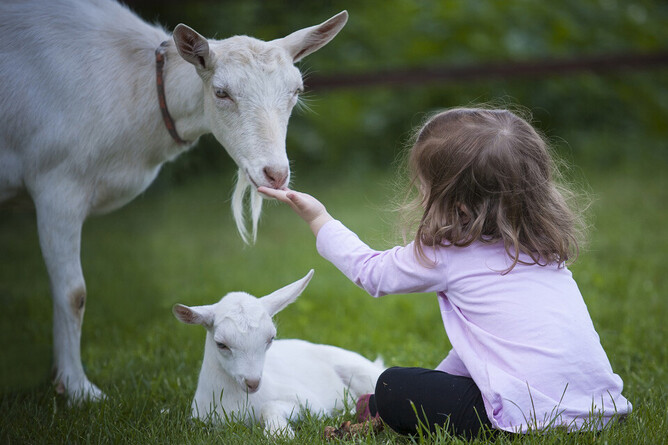In an increasingly screen-obsessed and personal interaction-poor society, owning a pet could provide a counter-balance for young children, not just for mental health, but also by increasing physical activity. A recent study published in The Journal of Pediatrics showed having a pet improves emotional and social development in children. The study looked at the relationship between pet ownership and children’s social-emotional development at ages five and seven years of age. Owning any type of pet decreased the odds of abnormal scores in the Strengths and Difficulties Questionnaire (SDQ) scale which is a behavioural screening tool for children aged 4-16 years and measures children’s social-emotional development.
We already know adult pet owners, compared with non-owners, are more physically active, have lower cardiovascular mortality, report fewer minor health problems, can assist with reducing stress or anxiety and possess greater levels of social support and sense of community. For children, pet ownership is associated with higher levels of physical activity, greater independent mobility, and a decreased likelihood of developing allergies. Pets may play a role in the social-emotional development of children, including higher attainment in domains of self-esteem, autonomy, trust, prosocial behaviour (sharing, helping, cooperating), empathy for others, and decreased feelings of loneliness.
The presence of pets in the household also teach children valuable life lessons, such as empathy toward others, the inevitability of death and responsibility for other living things. Growing up with pets can provide so many benefits for children. The role of an animal companion can never be underestimated. The full study can be found here: https://www.jpeds.com/article/...
Pets important for childhood development
June 30, 2020

